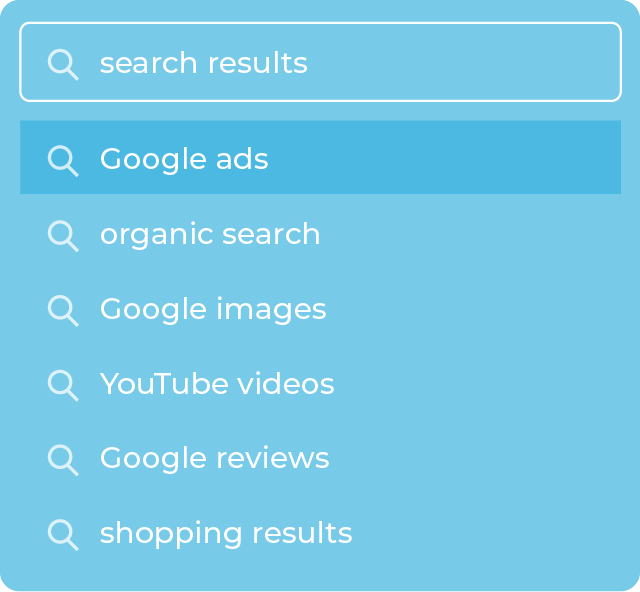Stop Overthinking: Master Short-Form Video with Consistency and AI
Short-form video is taking over social media, and because it’s still so new it’s easy to get caught up in overthinking the strategy. But the reality is, the biggest obstacle is often just getting started. Perfectionism holds many people back, but the key is to dive in and refine as you go.
Short-form video refers to video content that typically lasts anywhere from a few seconds to a few minutes, often designed for platforms like TikTok, Instagram Reels, and YouTube Shorts. The rise of short-form video is relatively new, emerging as a dominant format only in the last few years. Unlike traditional long-form content, which can range from TV shows to lengthy YouTube videos, short-form video thrives on its quick, easily digestible nature. This bite-sized format is ideal for the fast-paced world of social media, making it an incredibly young-but-powerful player in the media landscape. Its ability to engage viewers instantly is a huge part of why it’s skyrocketed in popularity.
Here’s what you need to know about getting short-form video right:
The Enemy of Done is Perfection
The biggest mistake people make with short-form video is waiting until everything is “just right.” You don’t need a perfect script, flawless lighting, or fancy equipment to start creating. Most audiences find that over-polished content is unrelatable, which makes the brand seem unapproachable. Keep it real. The goal is to produce, post, and then improve with each new video. We all have to start somewhere, and sometimes starting is the most “painful” part of the process. We all know that overthinking kills momentum. Focus on taking action—your content will evolve naturally as you gain experience.
Consistency is Crucial for Building Trust
Consistency is the backbone of any successful video strategy. Regular posting establishes your brand’s presence and builds trust with your audience. It’s not about going viral overnight; it’s about showing up consistently with content that resonates. Think long-term. Each post is a step in building a relationship with your audience, and that’s where real success lies. When your audience finds your brand endearing, they’ll keep coming back for more.
Leveraging AI for Smarter Content Creation
Incorporating AI technology into your workflow can streamline the process and take a lot of pressure off your shoulders. AI tools can help with everything from video editing to automating captions, even suggesting video ideas based on trending topics. For example, AI-powered platforms can automatically splice footage, adjust lighting, and recommend the best music tracks to match the mood of your video. You can also use AI to analyze viewer behavior and optimize your content based on what’s working and what’s not.
AI can’t replace creativity—but it can cut down on time-consuming tasks, so you can focus on what really matters: delivering engaging, authentic content to your audience.
Find the Right Tools and Workflow
When it comes to the tools you use, the best ones are those that fit your style and keep you productive. From editing software to AI tools that automate time-consuming tasks, finding a workflow that suits your needs will allow you to create and post consistently. The key is to set up a system that allows you to produce content efficiently without getting bogged down by technical details.
Short-form video creation doesn’t need to be complicated. The formula is simple: focus on progress, not perfection, be consistent, and lean on AI technologies to tighten up workflow.
Reach out to Greteman Group to help guide you through the process. The sooner you start, the sooner you’ll see results.

